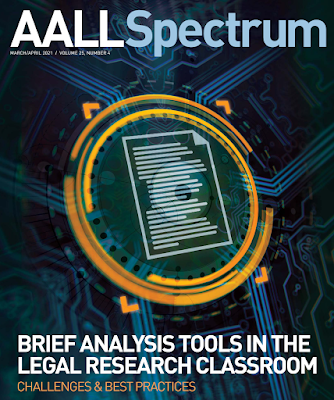New Website and Archive for the National Centre for Truth and Reconciliation
The National Centre for Truth and Reconciliation (NCTR), the permanent home for all statements, documents, and other materials gathered by the Truth and Reconciliation Commission (TRC) that investigated abuses against Indigenous children at Indian residential schools, has a new website.
Located at the University of Manitoba in Winnipeg, the NCTR holds millions of records.
The records include:
- TRC reports and publications;
- Footage from TRC public events – apologies, expressions of reconciliation and dialogues on reconciliation;
- Thousand of hours of statements from former students, their families, staff and those affected by the residential school system;
- Donations of material objects, art, poems and music;
- School admissions, school histories, administration records, photographs, maps, plans and drawings from the Government of Canada;
- Student records, duplicate photographs, school newsletters, cemetery records and religious records from church entities.
Labels: aboriginal and Indigenous law, commissions of inquiry, databases, human rights, legal history



